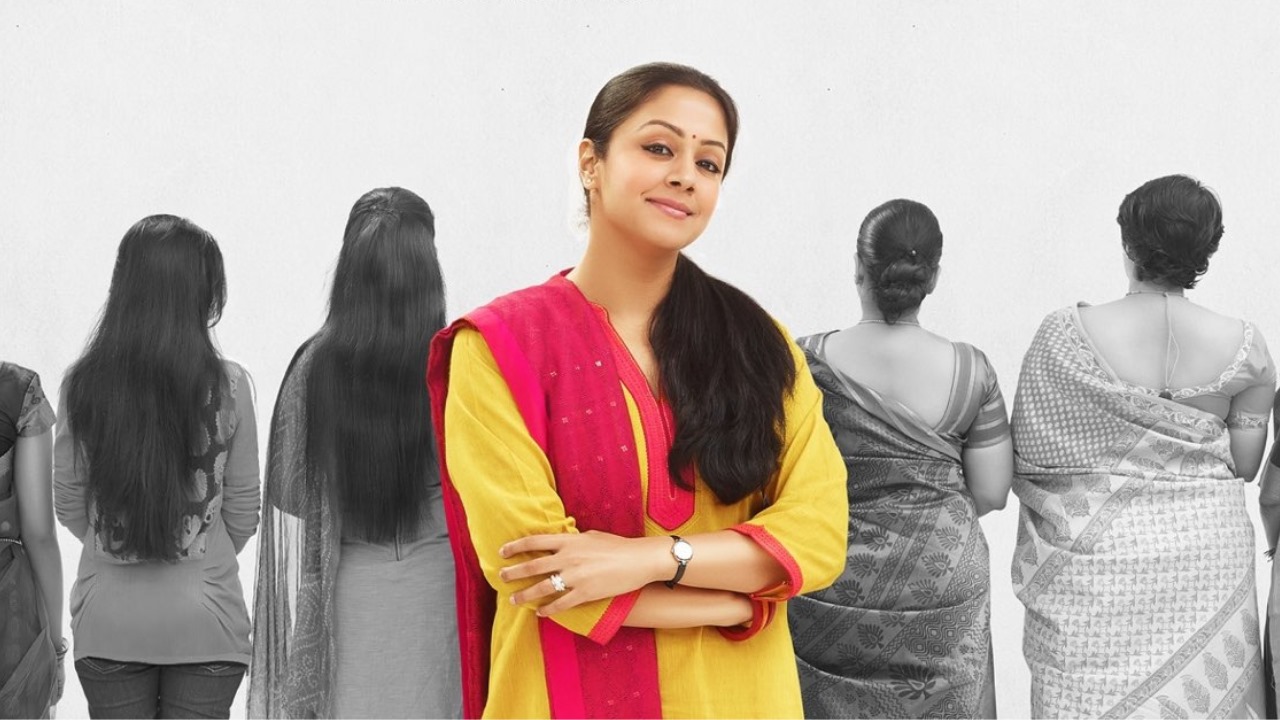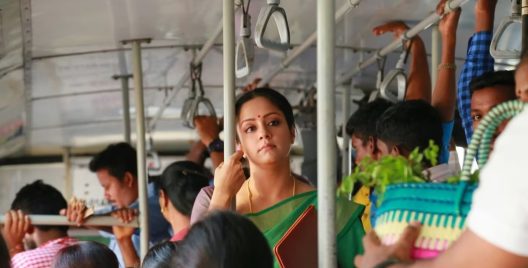Yes, It is Women’s Day today, and like every year, brands and social media pages will celebrate women, put posts about their glory, and even have special offers running on their websites for this occasion. In our opinion, women’s day is every day, women’s day is not a one-day campaign.
As a woman, I would like to be appreciated and celebrated throughout the year. Just allocating one day to us is not enough. Also, to put things in perspective, we have a lot of things that one can help us with instead of giving us a 20 percent discount today.
1. Equal Pay
For generations, women have fought for equal opportunities. There is a significant pay gap between the genders across the globe. Women in our country make substantially less than men because of the gap that exists in the occupational sector. Many reasons attributed to this cause, for example, for a very long time, women were segregated to doing only a few ‘jobs’ while the higher paying jobs were reserved for women. Companies, across different industries discriminate against women in the workforce. The reasons that a company would cite include commitment to work, educational qualifications, family responsibilities, etc. There are fewer women in leadership roles in big companies, which means that it’s mainly men who are the decision-makers on how much a candidate is paid. Yes, women are breaking the glass ceiling and taking on roles that weren’t even considered for women until a decade ago, but there has to be a more conscious change for the disparity to go away.
2. Safer Public Places
Catcalling, stalking, and verbal abuse on the streets are the most common forms of harassment that a woman faces daily. We have all heard harrowing experiences from our colleagues, friends and family members where they have been subjected to this. The normalization of this is the root cause of the problem. More than a Women’s Day wish, what we wish for are safer streets, safer public places and safer public transportation for women. These incidents limit a woman’s independence and autonomy. Many public figures have come
3.Freedom of Choice
Why do people think that they have any rights over our decision-making? When to get married, not get married, work or study, have kids or not, even something as simple as going outside the house are all our decisions. We know our biological clocks, and we know our safety is of prime importance. The society takes away a woman’s basic right to choose. All our choices are somehow tied to marriage and childbirth. If you cut your hair short, which boy would like to marry you or if you delay marriage, how will you bear children late in your adulthood? These questions are regressive, they show how we haven’t progressed from looking at women from that one perspective, of them being nurturing mothers and wives. It’s time we take the power in our hands and create our narrative.
4.Right to wear whatever I want
This thought dawned on me when I was visiting a beach here and it took me 2 hours to decide my outfit for the outing. My first thought was to wear a swimsuit, but then I realised that ‘Indian’ beach outings have a different dress code. A straightforward beach day turned out to cause so much anxiety that by the end of that hour, I no longer wanted to head to the beach. What does my clothing choice have to do with my safety? Why do I have to worry about how men would ‘ look’ at me if I’m wearing a western outfit which is funnily the most appropriate outfit for the situation? And the worst part is how my clothing is not even a problem, it’s the mindset.
5.Equality at the home front
A recent study revealed that 73 percent of women leave their jobs after childbirth. The reasons for this could be many, but primarily it’s the lack of support at the home front. A lot of women choose to be stay-at-home mothers, but for a lot of others, that’s not the case. Equally dividing parenting responsibilities between a father and a mother is the first step in the right direction. Women have to feel secure in leaving behind their homes and children and stepping back into the job market.
6.Acknowledgement for unpaid work
A big problem of putting women on a pedestal is that we are then expected to do it all, and do it with grace and no remorse or regret. We may not want to be multi-taskers, we may want to excel at one thing and not do anything else at all. Especially the work that a woman does at home is undervalued and overlooked. Division of household chores should be the norm, that’s when men and women will truly be equals. The social attitudes need to change, the barrage of tasks that a woman is expected to handle is unreasonable. This unpaid work that usually goes unnoticed is holding households together. Redistributing the workload will cause a shift in mindsets and slowly bring about a change in societal structures.














